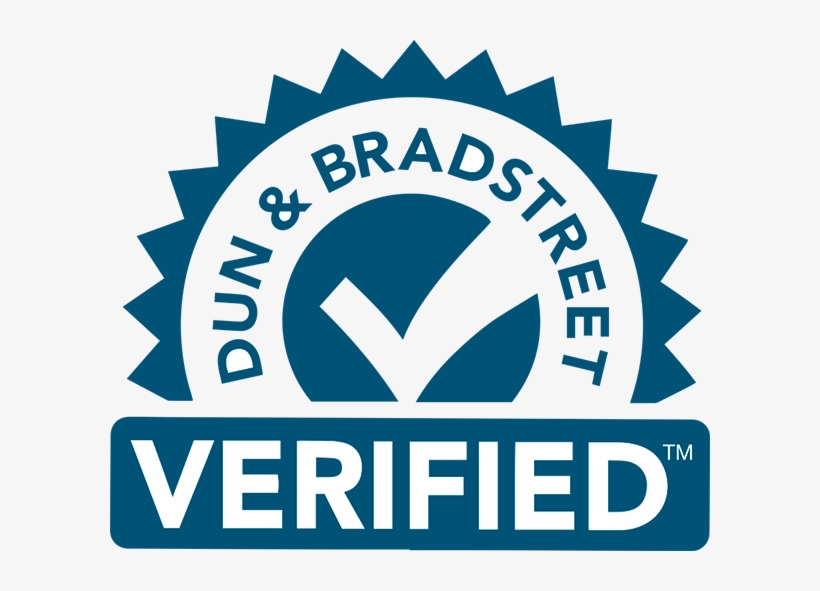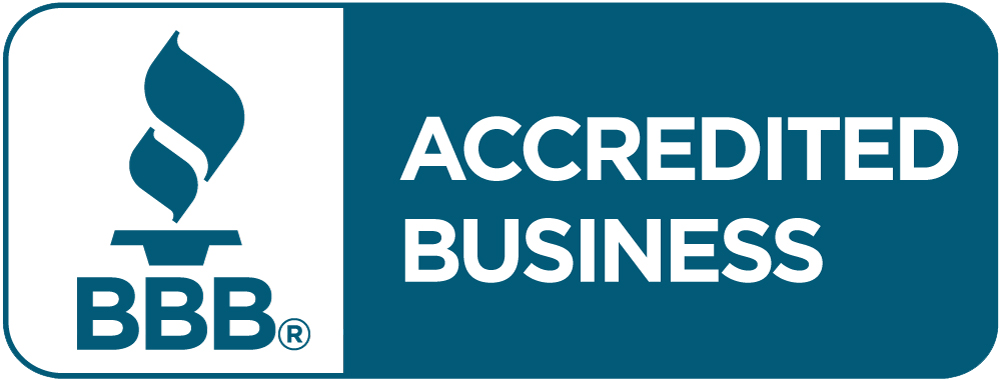A waiting period would only apply if your company’s retirement package has a Defined Benefit (DB) plan, also referred to as a traditional pension. The IRS states there must be a “bona fide termination” before DB distributions are made. Bona fide termination is not defined or codified in law. If a company rehires a retiree “too soon”, an argument can be made that there was no bona fide termination. The company can be found in violation of the DB plan rules regarding pre-tax status, and the company could be liable for additional taxes.
As a precaution, employers guess at an appropriate period to wait before retirees can return. This is why the waiting period differs from one company to the next and can range from 30 days to 12 months.
If the employer does not have a DB plan and instead has a Defined Contribution (DC) plan, such as a 401(k), the rule does not apply. Some companies had a DB plan in the past and no longer have one, however the waiting period policy they implemented may still be on the books.
Some employers and retirees have sought to overcome this hurdle by having these former employees return as an independent contractor. The problem then becomes one of misclassification, where an argument can be made that the individual is no different than a regular employee. While legally, this approach addresses the DB concerns, it now introduces a dispute on who should be responsible for income taxes, unemployment insurance, workers’ compensation, etc. The root of this concern is that the government must get the taxes its due, and the employee must get the rights and benefits due to them.
With Gentry’s approach, the individual formally retires, and we hire them as our W-2 employee. We pay all taxes and benefits, so we fulfill the rights due to the government and employees. To further distance the retiree from the previous employer, our arrangements are business to business (B2B) contracts to provide a labor category with a particular skill set. No individuals are named. We can assign anyone who meets the qualifications of that labor category, and our employees can and have worked for other clients, not only their previous employer.
For all intents and purposes, the retiree has left their previous job and gone to work for a different company, so a waiting period is not applicable.


